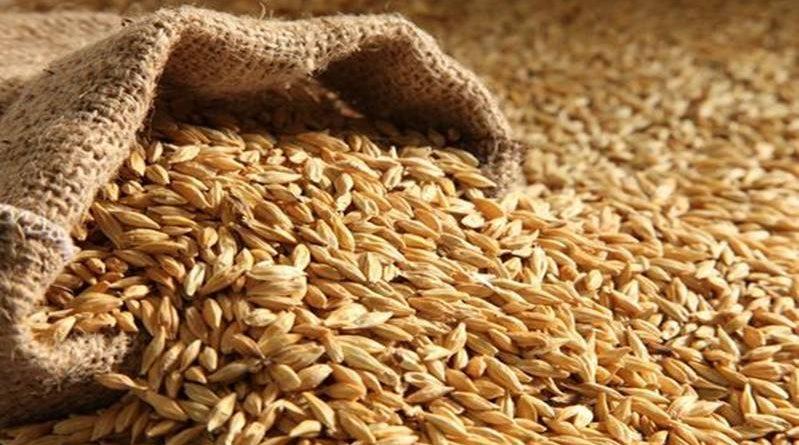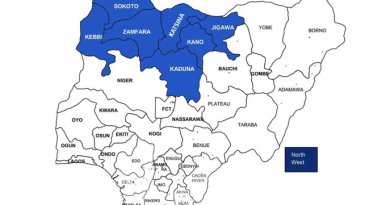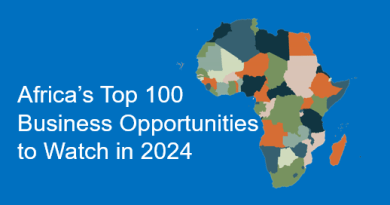Trade reforms in West Africa can improve food supply in the region
Free trade in agricultural and food products is made possible by regional and continental trade agreements. Experts from industry, government, and international organizations gathered for the 10th Annual Borderless Conference in Tema, Ghana, to discuss ways to realize that potential.
In order to examine commerce inside the 15-member Economic Community of West African States (ECOWAS), the German Development Agency GIZ and the Borderless Alliance, a group that promotes the removal of trade obstacles, arranged the event.
“The private sector will find particular value in this edition for 2023,” stated Borderless Alliance President Jonas Lago. It is our responsibility to perform the required analysis and come up with solutions to address the current issues. Our accomplishments in the ECOWAS area would act as a model for the continent of Africa.”
Data on domestic rules and strategies for resolving these trade barriers were presented by Vianey Lesaffre, a market analyst with the International Trade Centre (ITC) delegation.
These revelations showed that 60% of the onerous restrictions have domestic origins. Vianney Lesaffre demonstrated that 51% of the barriers reported are related to the agricultural sector using the Trade Obstacle Alert Mechanism (TOAM), a mechanism created by ITC.
He also demonstrated data tools from the African Trade Observatory, another crucial ITC tool for identifying and addressing agricultural problems. Food security can be increased by removing trade barriers for small-scale cross-border traders as well as agribusinesses, according to Timothee Bruneteau, an ITC trade facilitation adviser.
Transparency, predictability, and efficiency have been improved, he claimed, by the WTO Trade Facilitation Agreement and the AfCFTA Protocol on Trade Facilitation. The price of trading perishable items has decreased by 18% as a result. Cutting-edge technologies to facilitate trade. While assisting local initiatives to reduce food prices, even more inventive and inclusive technologies can increase food trade.
The FastTrackTech approach was developed by the ITC Netherlands Trust Fund V (NTF V) specifically for agribusinesses to evaluate their readiness for international trade. “We drive change through technology, and information is the essence of ICT,” stated Isaac Newton Acquah, the national project coordinator for the tech sector for NTF V. Small firms frequently believe that their problems are financial in nature, but technology may actually be the solution, the speaker stated.
According to him, connecting tech associations with small farmers increases accessibility to technology while fostering trust and sharing of important information among agents, both of which promote agricultural progress.
The topic of strengthening regional value chains was discussed at the conference. In addition, it looked at ways to match national policies to the African Continental Free Trade Area (AfCFTA), according to Gyand Dermitta, Senior Advisor to the Secretary-General of the AfCFTA.
Furthermore, the main goal of the ECOWAS Agricultural Trade (EAT) initiative at GIZ was emphasized by Kabir Hassa, Trade Advisor for the program. He emphasized how important it is to ECOWAS’s advancement so that Africa can fully take advantage of the prospects presented by the AFCFTA, which will ultimately be advantageous to the continent as a whole. The importance of this endeavor is in its ability to put ECOWAS in a position to take advantage of the AFCFTA’s potential for the benefit of all of Africa.
The CEO of Ghana Shippers Authority, Benonita Bismarck, highlighted the “essential function of agricultural value chains.” The full potential of these value chains can only be realized with the active participation of all stakeholders.




